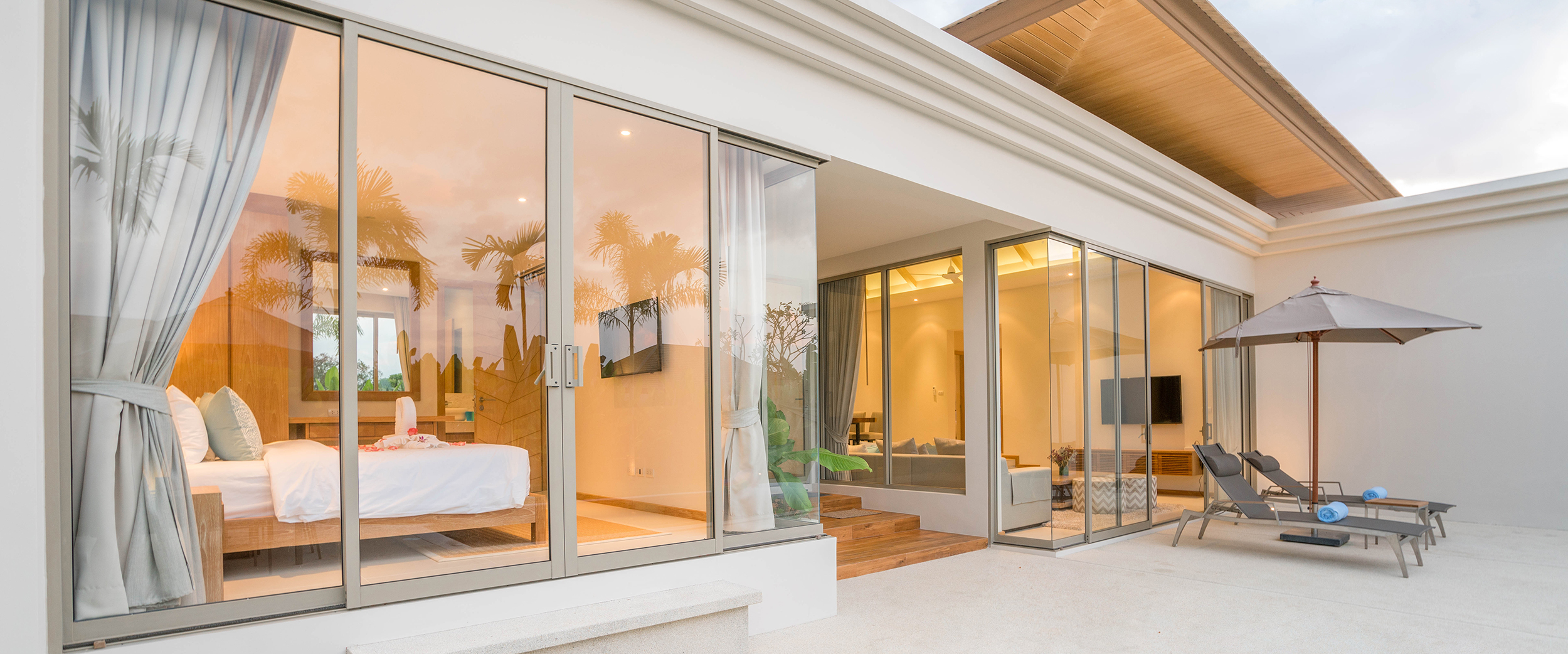Building your first home is a major undertaking. There’s a lot you have to learn, and there are many places where you can make mistakes. Unfortunately, some of these mistakes can be very costly. The last thing you want to do is to go horribly over-budget because you forgot something or made one small error. Fortunately, many of these mistakes can be avoided if you can prepare for them beforehand. Here are some of these common mistakes and how you can avoid making them.
Building in the Wrong Location
Buying the lot for your home is something you have to do fairly early on in the process, but you want to take the time to carefully consider the location. Will your new home be convenient for your commute to work? What school zone is it in? Are you near a grocery store and other shops? How much land will you actually have? One thing people often fail to do is measure out how much of the lot their home will actually take up. They think they have plenty of space, but once the house, driveway, any outbuildings, and other structures are put up, they realize there’s not much of a backyard left.
The most important thing here is to avoid settling on a location just because it’s all that seems to be available. For example, if you’re looking at a subdivision and there’s only one lot left, don’t buy it just because it’s the last lot. Consider where it’s located in the subdivision, what type of traffic you’ll get, and other factors. If no one has purchased this lot already, it could be for a reason.
The Cheapest Price Isn’t Always the Best
It’s tempting to skip past everything else on a contractor’s bid sheet and look at only the final number. Lowest payment option shouldn’t be the biggest motivator, especially when it comes to building a home. Sometimes, those cheaper prices mean the contractor is using cheaper or lower-quality materials. Other times, it doesn’t include any sort of emergency fund. You may find that you have to pay out of pocket for any problems that come up. This means that going with the lowest bid possible could actually result in paying more if there are unexpected costs.
Be sure you get quotes from several different builders, and be sure you ask every single question about each bid that you have. You won’t upset the contractor—they want to be certain you understand exactly what it is they’re offering you, so they will gladly answer any questions you have. Go through every point of each bid and compare it to your other options.
Buying Large Ticket Items While You’re Building a Home
It may be tempting to go out and purchase a lot of new furniture, appliances and other big ticket items while your house is being built, but do your best to resist these urges. Buying expensive items, getting a new car, or going on an expensive vacation can leave you short on cash if you do
have an unexpected building emergency.
It could also cause some issues with your loan. Construction loans function in a similar way to a credit card—you draw on a line of credit during the construction phase. Once the home is finished, you then take out a mortgage on the home that pays off the construction loan. Just because you’ve been approved for a construction loan doesn’t mean your mortgage is locked in. Making a big purchase while your house is being built can damage your debt-to-income ratio, changing the terms of your mortgage for the worse. You can actually be approved for a construction loan, have your house built, and then be denied the mortgage.
Bigger Isn’t Always Better
Whether building or buying a home, many people take a “bigger is better” approach. Unfortunately, this can lead to building a home that is much larger than what you need. Sure, it’s nice to have extra space, but it can also be a chore to clean and maintain. You may also end up with a house that looks and feels empty. Think about each space and whether you truly need it or not. For example, if you don’t work out at home that often, will dedicating space for a home gym really be useful? Perhaps you could combine that space with a guest bedroom or a home office so it will be used.
On the other hand, don’t hesitate to add space if you know you need it. If you’re a crafty person and have constantly found yourself without the space you need in your current home, make sure your new craft area will be large enough to accommodate all of your needs. Don’t go big just because you can, but definitely put in more square footage in areas where you know it will be used.
These are just a few of the common mistakes you will want to avoid while building a home. Your contractor will be able to help you avoid a number of other common errors first-time builders make, so be certain you listen to their advice and ask plenty of questions.









